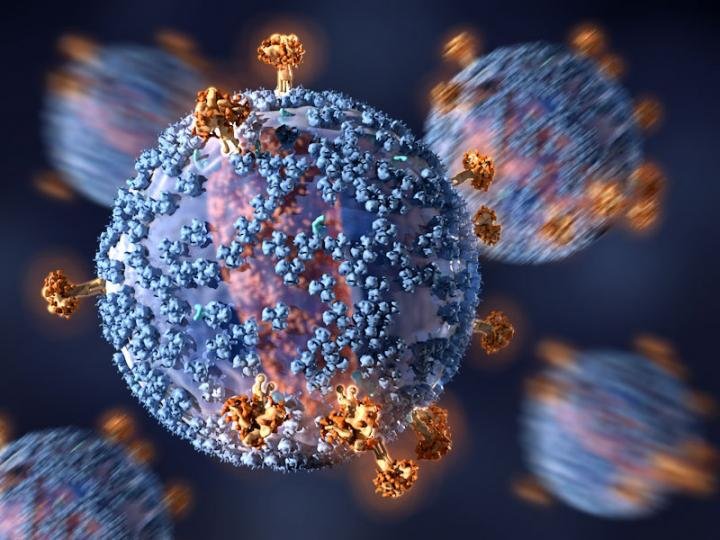
The US Food and Drug Administration (FDA) has granted De Novo marketing authorization to New Jersey-based Vela Diagnostics' next-generation sequencing (NGS) test for detecting HIV Type-1 drug resistance mutations, the agency has said.
The authorization of the test through which, the FDA says, physicians can gather the information they need to tailor antiviral treatments to the genetics of individual patients is the first time FDA has cleared an assay for use in the US that uses next-generation sequencing (NGS) to test for HIV drug-resistant mutations.
The assay detects 342 drug resistance mutations with sensitivity and specificity in excess of 95 per cent, and also assesses the reproducibility of the test results by analyzing the same samples at different sites, a Vela statement stated.
HIV infection if untreated can lead to acquired immunodeficiency syndrome (AIDS) and can be transmitted through direct contact with HIV-infected bodily fluids such as blood. According to the Centre for Disease Control (CDC), the majority of HIV infections in the US are from HIV-1.
The current standard of care for patients with HIV-1 is antiretroviral therapy or ART -- the daily use of a combination of drugs to treat HIV by suppressing the virus, which is a lifesaving treatment that can let patients with HIV lead long and healthy lives but not a cure.
ART has turned HIV into a managed chronic disease but the emergence of drug-resistant strains threatens to undermine progress made to date as the prevalence of resistance since the global rollout of antiretroviral therapy in 2001 has jumped from 11 to 29 per cent.
Double-digit rates of drug resistance have been observed in pre-treated patients in many countries, with physicians trying to measure whether a patient is resistant to a treatment regimen by monitoring their viral load. A patient may have developed resistance to medicine if levels of the virus increase.
The NGS test authorized by the FDA gives physicians a different way to assess resistance as it detects 342 HIV drug resistance mutations in blood samples through which physicians can choose combinations of medicines to which the virus remains susceptible.
Peter Marks, director of FDA's Center for Biologics Evaluation and Research, in the statement, said the ability to rationally select treatments for patients taking antiviral therapy provided another tool in the ongoing fight against HIV. "The right combination of antivirals can lower viral loads, or the amount of virus in the bloodstream, and help keep patients with HIV healthy for many years," the statement stressed.
The FDA identified the inaccurate detection of mutations and incorrect interpretation of results as the main risk associated with the Sentosa SQ HIV genotyping assay, but the company said labelling information and validation procedures could likely mitigate these risks.
"The FDA is focused on facilitating the development of safe and effective new treatments to give patients more options to fight life-threatening and drug-resistant infections," the agency Principal Deputy Commissioner Amy Abernethy said in a statement, adding "this diagnostic provides a new way to select effective treatment options".









